Brightening. Protective. Nourishing.
Vitamin C is one of the most powerful nutrients for your health and skin. This antioxidant plays a vital role in keeping your body strong and your complexion glowing.
But despite its popularity, there are still a few things you might not know about everyone’s favorite vitamin—including how it works, where to find it, and why it deserves a place in your skincare routine.
Discover these seven key facts about vitamin C in skincare and beyond.
Table of Contents
- 1 1. Oranges aren’t the only source of vitamin C
- 2 2. You need it in your diet and in your skincare routine
- 3 3. It’s a brightening powerhouse
- 4 4. It helps support your skin’s collagen
- 5 5. It’s a powerful antioxidant
- 6 6. There are many forms of vitamin C
- 7 7. Not all vitamin C products are created equal
- 8 The takeaway
1. Oranges aren’t the only source of vitamin C
When you think of vitamin C, oranges probably come to mind. But did you know they’re not even the top source? Oranges contain about 50 mg per 100 g. Meanwhile, blackcurrants, raw red bell peppers, and kiwi offer up to triple the amount of vitamin C per serving.
So what does that mean for your skin? According to the American Academy of Dermatology, a diet full of colorful fruits and vegetables nourishes your whole body—from the inside out. Prioritize fresh, seasonal produce to help support your complexion from within.
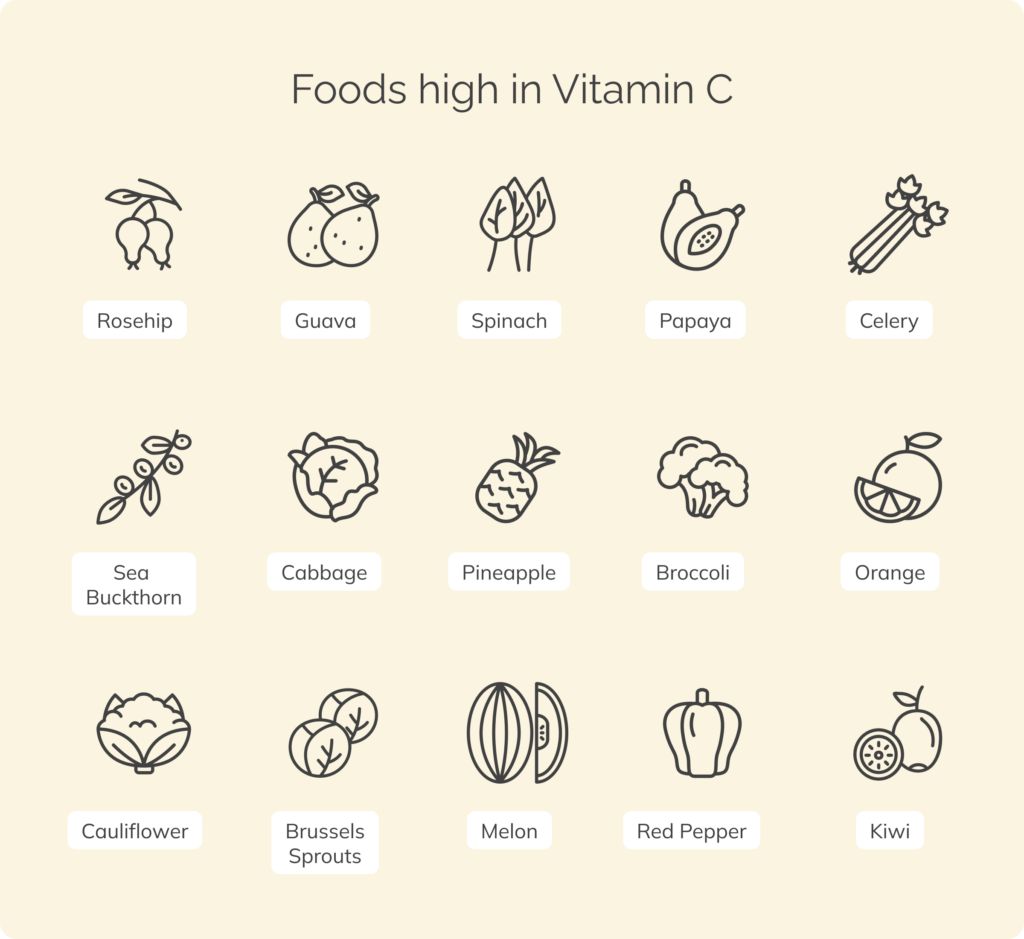
2. You need it in your diet and in your skincare routine
Vitamin C is essential in your diet, where it helps maintain a healthy immune system and supports normal body functions. However, it’s in high demand—your skin only receives a portion of the vitamin C you consume.
That’s why adding vitamin C skincare products to your routine makes such a difference. Topical application through serums delivers vitamin C directly to the skin, providing a targeted boost. Meanwhile, a skin-boosting supplement can also help support your natural glow.
3. It’s a brightening powerhouse
One of the most well-known benefits of vitamin C in skincare is its brightening effect. Vitamin C helps combat dullness caused by natural skin aging, pollution, and lifestyle factors like smoking.
Regular use can soften the appearance of dark spots and encourage a more uniform look, leaving your complexion visibly brighter and healthier.
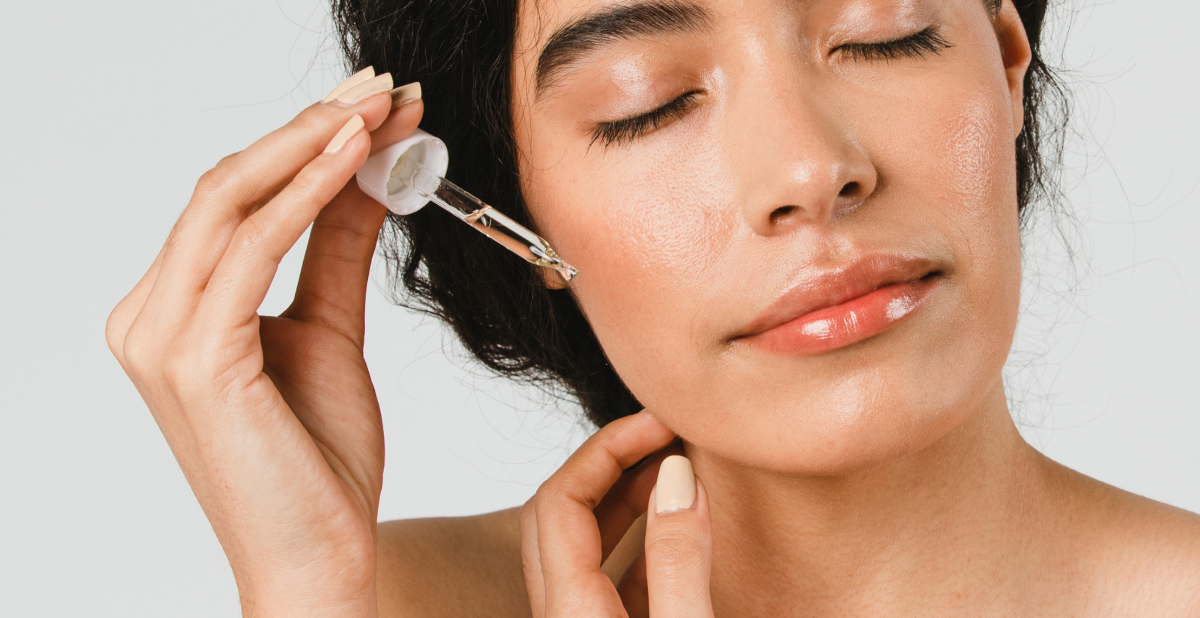
4. It helps support your skin’s collagen
Collagen is the protein that keeps skin firm, smooth, and youthful. Over time, natural collagen levels decline—but vitamin C can help.
Topical vitamin C plays a role in reinforcing skin’s natural collagen, supporting firmness and elasticity. That’s why you’ll often find it in well-aging skincare products.
5. It’s a powerful antioxidant
What is vitamin C good for beyond brightening and firming? Its antioxidant power. Antioxidants help neutralize free radicals—unstable molecules generated by pollution, UV rays, and stress. When free radicals outnumber your skin’s natural defenses, oxidative stress occurs, contributing to visible signs of aging.
But vitamin C serums and creams can help fight back, reinforcing your body’s defenses against oxidative stress. The result? Skin that looks healthier and more resilient.
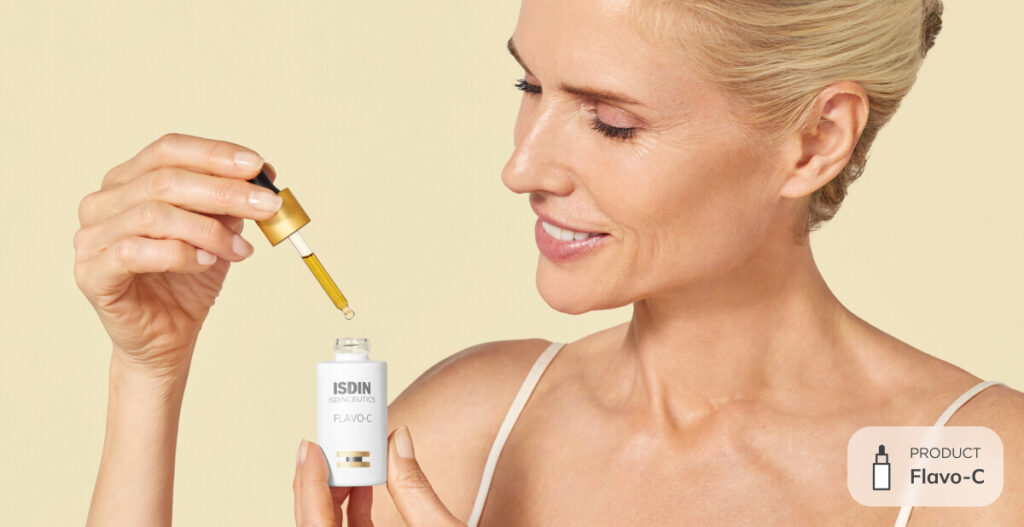
6. There are many forms of vitamin C
You might see ascorbic acid on skincare labels—this is the purest form of vitamin C, and one of the most studied. But there are other forms too, such as:
- Ascorbyl palmitate
- Sodium ascorbyl phosphate
- Tetrahexyldecyl ascorbate
- Ascorbyl glucoside
- Magnesium ascorbyl phosphate
These derivatives are often used in vitamin C skin products, with benefits and concentrations depending on the formula.

7. Not all vitamin C products are created equal
Does more vitamin C mean better results? Not always. Concentrations over 20% can sometimes have an oxidative effect—the opposite of what you want from an antioxidant.
For most people, concentrations between 10–20% are ideal for visible skin benefits. Stability also matters: vitamin C can degrade when exposed to air and light. That’s why you’ll often find potent formulas packaged in protective ampoules to keep the ingredient fresh and effective.
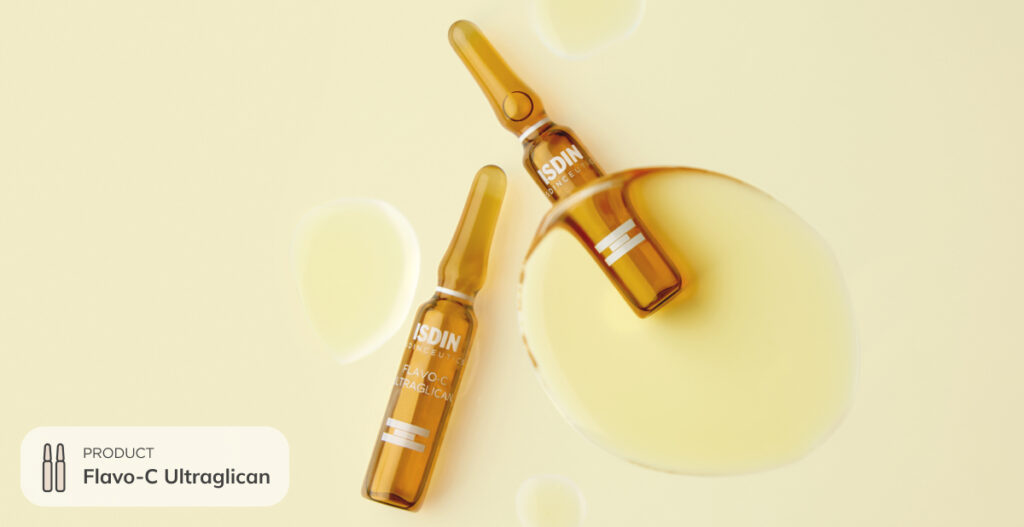
Quick FAQs About Vitamin C
What is vitamin C?
Vitamin C (ascorbic acid) is an essential nutrient and antioxidant that supports your body’s immune system, collagen formation, and skin health.
What does vitamin C do for you?
It helps protect against oxidative stress, supports collagen production, and contributes to brighter, healthier-looking skin.
Do you get vitamin C from the sun?
No. While sunlight helps your body produce vitamin D, it does not provide vitamin C. The best sources are through your diet and skincare.
What foods have vitamin C?
Great sources include bell peppers, blackcurrants, kiwi, strawberries, oranges, and leafy greens.
What are the benefits of it in skincare?
Brighter skin, improved firmness, antioxidant protection, and a more even tone.
The takeaway
Vitamin C is more than just a wellness staple—it’s a cornerstone for healthy skin. Whether from fresh foods or from your skincare routine, its antioxidant, brightening, and rejuvenating powers make it one of the most valuable ingredients for your skin.
For year-round support, combine a nourishing diet rich in colorful produce with effective vitamin C skincare products. And don’t forget the golden rule: always finish with daily sunscreen.
Behind the blog:
Article written and reviewed by:
Amy is a content strategist who turned a part-time obsession with skincare into a full-time passion. Her experience as a creative storyteller includes a range of lifestyle and technology topics across Washington D.C. and Barcelona. What's in her travel bag? Eye contour cream and sunscreen, always.



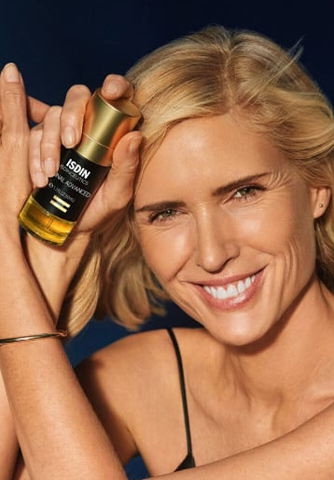
I learned a lot from this article. Thank you.
Thanks for this great article! Answered many of my questions!